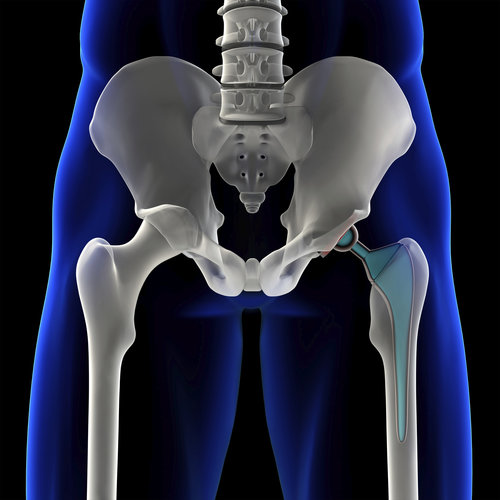
Metal-on-metal hip implants are at the center of thousands of lawsuits that allege hip manufacturers failed to warn doctors and patients about their dangers. In a recent blog post, Langdon & Emison partner Mark Emison says loose oversight of the testing and approval process for many medical devices, including artificial hips, poses significant risks to U.S. patients.
According to Mark’s blog, medical devices are often rushed to market without undergoing critical testing that would protect consumers. In fact, an abbreviated approval process known as 510(k) creates a loophole for the medical device industry by not requiring clinical testing for devices “substantially equivalent” to those already cleared by the FDA.
Some hip implant products are Class III medical devices, which means they pose the highest potential risk to patients. Yet, many hip implants are approved through the 510(K) process, which Emison says is especially inappropriate for devices with the highest risk classification. As a result, many patients and their physicians are not fully aware of the health risks hip implants and other devices pose.
To read Mark’s full blog post, click here.

